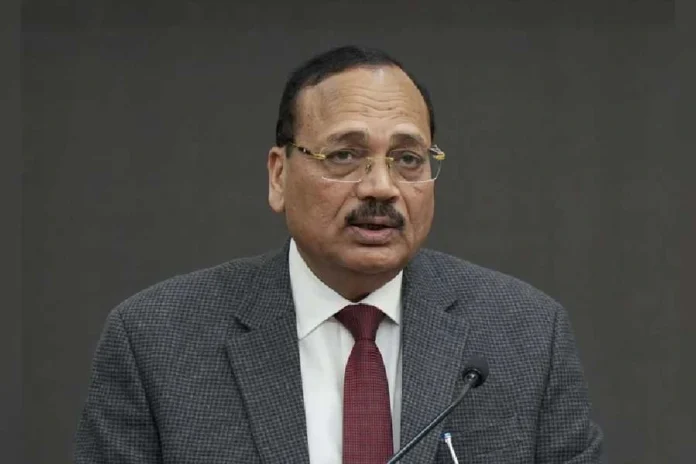In a significant address at the Supreme Court of Sri Lanka, Justice Surya Kant has underscored the pivotal role of the judiciary in shaping and safeguarding constitutionalism in India.
Justice Surya Kant emphasized the Indian judiciary’s interpretive spirit has been instrumental in evolving the Constitution to meet the changing needs of society. “What transforms the Constitution as a document into a living, breathing instrument?” Justice Surya Kant asked, and answered “I believe the answer lies in the Indian judiciary’s interpretive spirit, which ensures that the text of the Constitution continually evolves rather than remaining as a static relic.”
The judge highlighted landmark cases such as Kesavananda Bharati v. State of Kerala, which defined India’s constitutional destiny by establishing the doctrine of basic structure. This doctrine holds that while Parliament has vast powers to amend the Constitution, it cannot destroy its basic structure, which includes the principles of judicial review and separation of powers.
The event, attended by dignitaries including Chief Justice P. Padman Surasena and other judges of the Supreme Court of Sri Lanka, highlighted the importance of judicial interpretation in ensuring the Constitution remains a living, breathing instrument.
Justice Surya Kant emphasized the importance of judicial review, citing Articles 32 and 226 of the Indian Constitution as “twin pillars of constitutional enforcement.” “Judicial review is not merely a procedural safeguard; it is a structural commitment to accountability, legality, and the supremacy of constitutional norms,” Justice Surya Kant said.
He went on to add: “The Constitution went further still, embedding within this structure an intricate web of safeguards to preserve judicial independence. Provisions governing salaries and privileges, as well as transfers and appointments of the district judiciary, were carefully insulated through stringent constitutional checks — protections that no other organ of the State may encroach upon.”
The judge shared personal experiences from his tenure, including a case involving three young girls who faced the imminent loss of their family property due to certain power of attorney documents executed by their father. “It was a reminder that judges must, at times, pierce the veil of formality and delve beyond the surface to ensure that justice is not merely done, but completely done,” Justice Surya Kant said.
Justice Kant concluded by emphasizing the judiciary’s role as the Constitution’s fierce protector, deriving its power not from the force of arms but from the force of reason and conscience. “The judiciary’s legitimacy rests on the trust of the people — a trust earned through fairness, restraint, and courage in moments of crisis,” Justice Surya Kant said, quoting Justice HR Khanna, “If the Indian Constitution is our heritage bequeathed to us by our founding fathers, no less are we, the people of India, the trustees and custodians of the values which pulsate within its provisions! A Constitution is not a parchment of paper, it is a way of life and has to be lived up to.”


